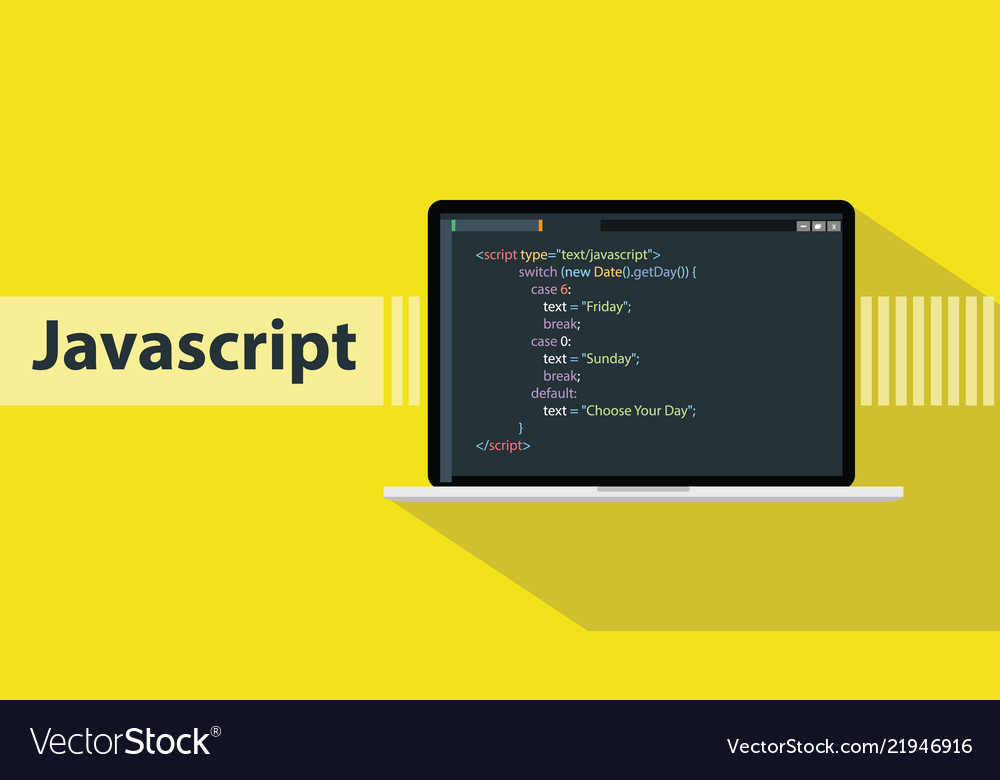The Top 3 mistakes junior software engineers make feels like common knowledge to those who have experience in the industry, but starting out, you just don’t know what you don’t know. Let’s start with this: Congratulations! You’ve landed your first software engineering job. It’s an exciting time filled with new challenges and opportunities to learn. However, going from learning about engineering to putting that knowledge in practical use is not easy. Fear not! Here’s a breakdown of the top 3 mistakes junior engineers often make, along with tips on how to navigate them smoothly.
#1: Fear of Asking for Help
There’s a misunderstanding that software engineers need to be lone wolves, crafting code in isolation. In reality, even the most experienced developers rely on collaboration and asking questions. The software development world is huge, and encountering situations you haven’t faced before is going to happen on a pretty regular basis. Struggling silently can lead to wasted time, frustration, and even bugs in your code.
How to Avoid It:
- Embrace the Learning Mindset: View every challenge as a learning opportunity. Don’t be afraid to admit you don’t know something. Everyone you work with has been in your shoes at some point.
- Identify Your Resources: Familiarize yourself with the team structure and who to approach for specific questions. Senior developers are there to guide you, not judge you. More often than not, your team would rather help you than see a missed deadline.
- Ask Clear and Concise Questions: Before seeking help, take some time to understand the problem. The more specific your question, the easier it will be for someone to provide an effective solution. ALWAYS google or use an AI resource to think about a topic prior to asking questions.
- Utilize Available Resources: Many companies offer internal documentation, code repositories, or knowledge-sharing platforms (think confluence or readme in the GitHub repo). Learn to leverage these resources before reaching out for help.

#2: Overengineering and Ignoring Code Readability
It’s natural to want to showcase your problem-solving skills by crafting the most complex and elegant solution possible. However, in the fast-paced world of software development, prioritizing code readability and maintainability is often more important than intricate algorithms. This is especially true if your role is at a startup. More often than not, the business would rather you have an MVP (minimum viable product) ready for release and then iterate afterwords for the perfect product.
How to Avoid It:
- Focus on Clarity: Strive to write clean, concise, and well-commented code that is easy for you and others to understand. Complex logic can be broken down into smaller, more manageable functions. At the end of your work, try to look at your code in a PR and make sure it would make sense to a brand new engineer on the team who doesn’t have the same context as you.
- Think Maintainability: Remember, your code will likely need to be modified or expanded in the future, both by you and other developers. Write code that is easy to adapt and modify.
- Keep it Simple: Don’t try to reinvent the wheel. If a standard library function or a well-tested framework exists to solve your problem, leverage it! A mentor of mine used to
- Peer Reviews: Embrace code reviews as a learning opportunity. Pay attention to feedback on code readability and suggest improvements for others’ code as well.
#3: Working Long Hours Without Boundaries
Engineering in general can have a tendency to draw you in. It’s easy to get lost in the flow and work long hours to meet deadlines. However, this enthusiasm can be a double-edged sword. Burning yourself out with excessive work hours can lead to decreased productivity, fatigue-induced errors, and ultimately, hinder your performance. The last thing you want to face is burnout at a job you loved when you first took it because you didn’t establish a healthy work-life balance.
How to Avoid It:
- Set Boundaries: Establish a healthy work-life balance. Disconnect after work hours and dedicate time for relaxation, hobbies, or family.
- Prioritize Efficiency: Focus on working smarter, not just harder. Utilize time management techniques and prioritize tasks effectively. Blocking off time on your calendar to be heads down on a particular problem is a good practice.
- Communicate Effectively: Don’t be afraid to have open communication with your manager about deadlines and workload. If you can’t hit a deadline, tell your manager as early as possible so they can adjust expectations.
- Take Breaks: Regular breaks throughout the day can improve focus and creativity. Step away from the screen, stretch, or take a short walk to recharge your mental batteries.
How to stay away from the top 3 mistakes junior software engineers make in a nutshell
Remember, a successful software engineering career is a marathon, not a sprint (unless you are in an agile workplace). By avoiding these common pitfalls and prioritizing effective communication, clear code, and a healthy work-life balance, you’ll be well on your way to becoming a valuable asset to any development team.
P.S: Always remove console logs before submitting a PR for code review. This is the easiest nit pick other engineers will look for.
I recently came across this post on Medium that made me think of this idea to help the up and coming community:
https://fadamakis.com/8-common-mistakes-junior-software-engineers-make-4de11682d6a5
Now, get out there and code something amazing!
P.S. Thanks for reading, please continue checking out our content at https://www.developerheroics.com




